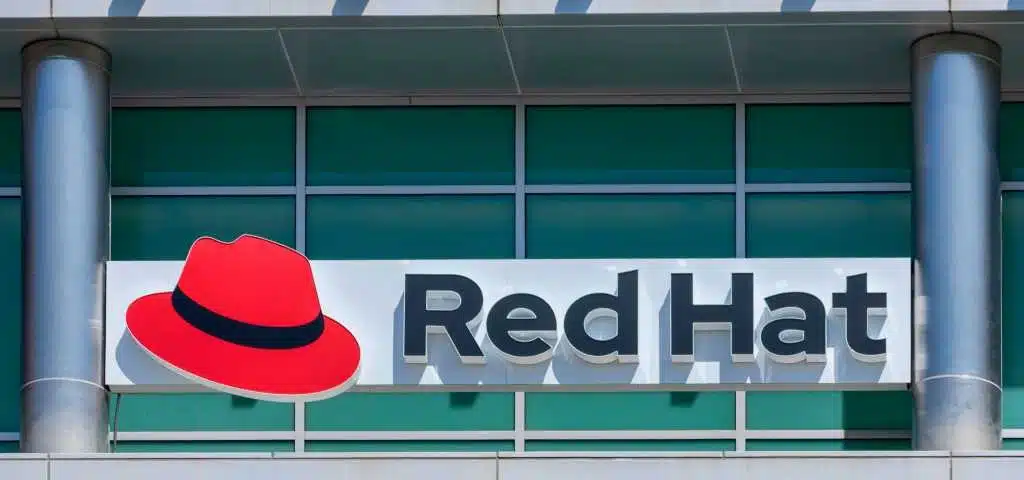If you experience any difficulty in accessing content on our website, please contact us at 1-866-333-8917 or email us at support@chicagovps.net and we will make every effort to assist you.

Red Hat has introduced significant updates to Red Hat Enterprise Linux (RHEL) 10 during the Red Hat Summit in Boston. These enhancements focus on improving security, containerization, and integrating artificial intelligence (AI) capabilities. Notably, RHEL 10 now supports quantum-proof encryption, which is essential for future-proofing against quantum computing threats, and boasts advanced containerization features.
Joe Fernandes, Vice President at Red Hat, explained that the integration of AI represents the next evolution of the platform. AI models are expected to operate alongside applications on Linux, managed by Kubernetes. To facilitate this, RHEL 10 introduces new capabilities aimed at enhancing AI deployments, such as support for inference servers and advanced tools for tuning and managing AI workflows.
Currently, most generative AI applications utilize the infrastructure provided by major cloud services like Azure, AWS, and Google Cloud. However, as enterprises increasingly integrate AI into their systems, Red Hat aims to leverage its expertise in enterprise Linux to promote AI solutions within on-premises and private cloud environments, thus offering flexibility, security, and cost efficiency.
A key feature of RHEL 10 is Lightspeed, which integrates generative AI directly within the command line interface. This allows users to type questions in natural language, where the Retrieval-Augmented Generation (RAG) model can fetch relevant information from company documentation, manuals, and support cases. This innovation streamlines administrative tasks and lowers the skill barrier for utilizing Linux systems.
RHEL 10 also incorporates Model Context Protocol (MCP), a standard for facilitating interactions between large language models and various data sources, and enhances security via confidential computing, allowing AI modules to operate within isolated secure environments.
On the security front, RHEL 10 pioneers capabilities such as quantum-proof encryption, employing lattice-based algorithms to safeguard data against future quantum threats. It claims to be the first enterprise Linux distribution to achieve compliance with Federal Information Processing Standards (FIPS) for post-quantum cryptography.
For container management, RHEL 10 introduces a new image code feature, which combines the operating system with necessary drivers and applications. This development simplifies the deployment and management of applications within containers, while also reducing vulnerabilities by ensuring the containers are immutable.
In essence, RHEL 10 positions Red Hat as a progressive force in the AI landscape, harnessing open-source solutions to support modern enterprise needs. The integration of advanced technologies within RHEL aims not only to enhance operational efficiencies but also to set new benchmarks for security and ease of use in managing complex AI-driven systems.
ChicagoVPS is your gateway to unparalleled hosting solutions. Our state-of-the-art datacenters and powerful network ensures lightning-fast speeds and uninterrupted connectivity for your websites and applications. Whether you’re a startup looking for scalable resources or an enterprise in need of enterprise-grade hosting, our range of plans and customizable solutions guarantee a perfect fit. Trust in ChicagoVPS to deliver excellence, combining unmatched reliability and top-tier support.
For Inquiries or to receive a personalized quote, please reach out to us through our contact form here or email us at sales@chicagovps.net.
